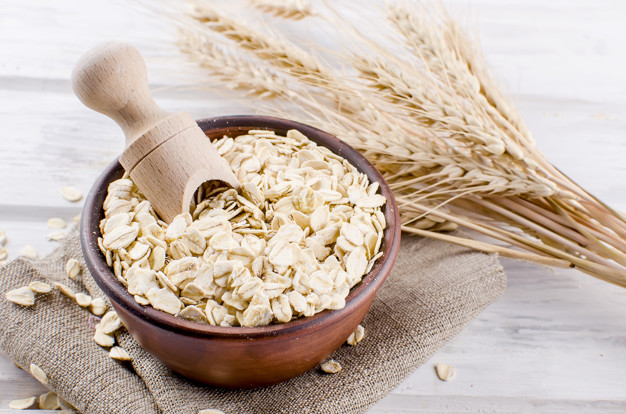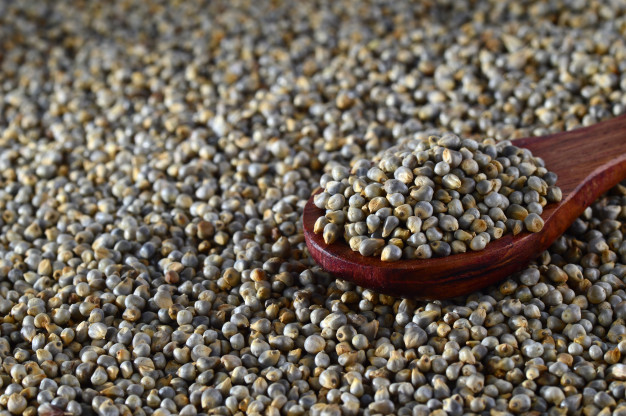Sardine is small, tasty and oily fish belongs to Clupeidae family. It is extremely nutritious and has been traditionally used for numerous therapeutic purposes
Some important information regarding sardine
- Generally sardine is found in Pacific Ocean, Atlantic Ocean and Mediterranean seas
- It named sardine due to its abundant availability in Sardinia, an Italian island in the Mediterranean Sea
- It only consumes plankton that means that it does not contain enough mercury
- In market, sardine is generally found in the form of canned fish due to its high moisture content
Nutritional profile
- It is extremely rich in protein and contains various important amino acids
- It contains healthy fat as well. Though it contains both saturated and unsaturated fat but it is relatively higher in its unsaturated fatty acid contents, especially in omega 3 fatty acid. It contains too some extent of cholesterol as well
- It contains several vital vitamins too, which include Vitamin A, Vitamin E, Vitamin D, Vitamin B1, B2, B3, B5, B6, B9 and B12
- It is also packed with various imperative trace elements like calcium, phosphorus, sodium, potassium, manganese, magnesium, selenium, zinc, copper and iron
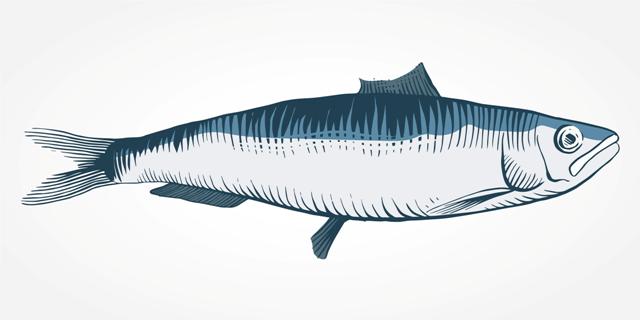
Health benefits

Role on immunity
- Incorporation of sardine in diet is considered as a healthy choice for strengthening the defense mechanism of the body
- It is packed up with numerous immune boosting nutrients that help to improve overall immunological responses of the body and significantly improves the resistance power
- Its protein content plays imperative role in stimulating the synthesis of antibody
- It is also associated with enhancing the activity of immune cells as a result helps in decreasing the susceptibility of becoming ill
Role on nervous system
- It is extremely beneficial for improving the health and activity of nervous system
- Its omega 3 fatty acid contents especially EPA and DHA contents are responsible for generating neuro-protective metabolites that help to reduce the risk of developing neurological disorders
- Its protein content also helps in the growth and development of brain. It helps to boost up the activity of nerve cells as well
- B vitamins present in sardine are responsible for improving brain activity too
- It has seen that consumption of sardine is closely related with increasing the gray matter, which is also accountable for combating the development of neurological disorders
Role on weight management
- Sardine plays vital role in facilitating weight reduction and its omega 3 fatty acid as well as protein contents are considered as the major components responsible for this purpose
- Omega 3 fatty acid is accountable for regulating the expression of leptin hormone that helps in reducing appetite. On the other hand its protein content is also responsible for exerting a feeling of fullness by delaying stomach emptying. Moreover its consumption is closely related with decreasing over consumption by hindering appetite and makes the weight reduction process relatively easier
- It is associated with boosting up the overall metabolism of the body, which helps to maintain a healthy body weight and also lowers the risk of weight gain

Role on eye health
- Vitamin A present in sardine plays imperative role in promoting eye health
- It helps to promote vision as well
- It is also related with protecting the eye from oxidative damages that significantly reduces the risk of developing eye disorders
- It is extremely effective for decreasing the prevalence of macular and retinal degeneration
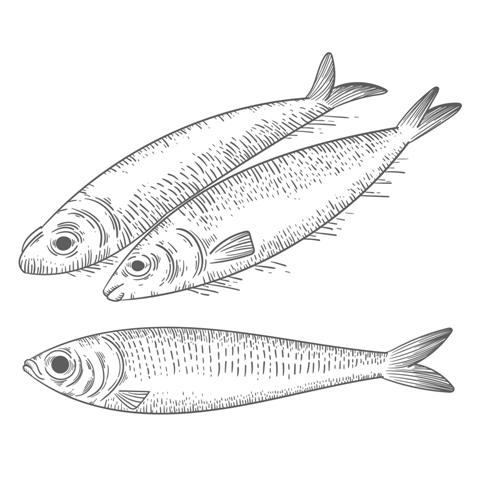
Role on skeletal health
- Sardine is widely used as an important therapeutic substance for strengthening skeletal system. It contains significant amount of calcium as well as phosphorus, which are essentially required by the body for healthy bone formation
- Vitamin D present in sardine is also associated with promoting skeletal health as it helps in calcium absorption, which is considered as one of the most important minerals for bone health
- Its magnesium component is accountable for improving bone mineral density that ultimately helps to inhibit bone thinning as a result decreases the susceptibility of bone fractures
- Consumption of sardine is also very useful for improving the symptoms of osteoporosis

Role on mental health
- It is very useful for preventing depression and all the credit goes to its omega-3 fatty acid content
- It is also very helpful for decreasing stress and anxiety
Role on skin
- Consumption of sardine is very effective for promoting skin health. It is loaded with numerous skin friendly nutrients that not only help in making the skin supple but also help to provide the skin a radiant glow
- Its omega-3 fatty acid content is responsible for regulating oil production of the skin and helps to moisturize the skin as well. It also aids in hydrating the skin, which ultimately makes the skin soft
- Vitamin E present in sardine acts as powerful antioxidant that helps to protect the skin from free radical induced oxidative damages thus reduces the prevalence of dermal disorders and premature aging
- Its Vitamin A content is also very effective for maintaining a healthy dermis as well as epidermis
- It plays significant role in reducing the prevalence of acne, wrinkles and dermatitis
Therapeutic uses

It has been extensively used for several therapeutic purposes, which include –
- It is used as an important therapeutic substance for cardiac health. It contains numerous cardio protective nutrients that play vital role in promoting overall cardiac health
- Its protein content helps in improving the health and activity of cardiac muscle
- Its omega-3 fatty acid content plays vital role in reducing the risk of developing atherosclerosis by decreasing LDL concentration within body
- It is also very effective for preventing hypertension and all the credit goes to its potassium content as potassium acts as an important vasodilator
- Magnesium present in sardine helps to prevent arrhythmias by maintaining a healthy heart beat
- Its consumption is extremely useful for reducing the susceptibility of heart attacks and strokes
- It is also considered as a healthy food for diabetic patients because its healthy fats and protein contents are responsible for slowing down the rate of glucose absorption as a result help to decrease postprandial blood sugar load. It is very effective for decreasing insulin resistance as well, which is also considered as an imperative measure for improving the symptoms of diabetes mellitus
- It is awfully useful for preventing cellular damages. It contains various nutrients that act as antioxidant, which play significant role in protecting every cell of the body from free radical induced oxidative damages as a result improve their sustainability
- Its consumption is related with reducing the prevalence of carcinoma as well. It has seen that consumption of sardine significantly reduces the risk of developing breast cancer
- It plays significant role in improving muscular health as well. Protein present in sardine helps in improving muscle mass and muscle strength that helps to improve endurance. It is also associated with healing muscular damages

General consideration of using sardine
- While purchasing canned sardines it is always better to purchase those sardines, which are packed in olive oil
- While purchasing fresh sardine, it should be kept in mind that the fish should be smelt fresh and should contain a firm texture with shiny skin and bright eye
Risk factors
It contains significant amount of purine, which breaks down into uric acid thus its overconsumption may increase the risk of gout.
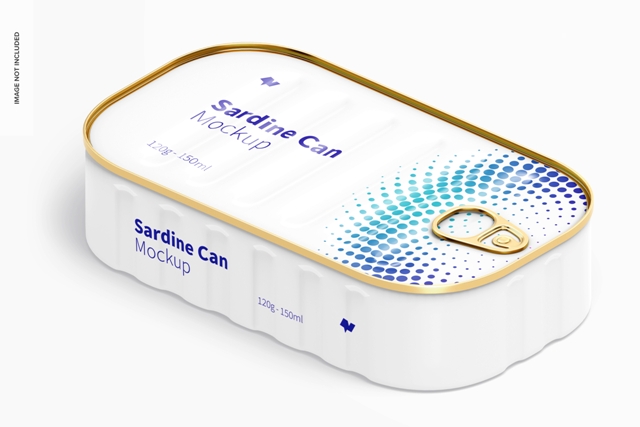
Source:
Bahurmiz, O.M., Adzitey, F. and Ng, W.K., 2017. Nutrient and fatty acid composition of the flesh of oil sardine (Sardinella longiceps) and Indian mackerel (Rastrelliger kanagurta) from Hadhramout coast of the Arabian Sea, Yemen. International Food Research Journal, 24(6), pp.2387-2393.
Balfegó, M., Canivell, S., Hanzu, F.A., Sala-Vila, A., Martínez-Medina, M., Murillo, S., Mur, T., Ruano, E.G., Linares, F., Porras, N. and Valladares, S., 2016. Effects of sardine-enriched diet on metabolic control, inflammation and gut microbiota in drug-naïve patients with type 2 diabetes: a pilot randomized trial. Lipids in health and disease, 15(1), pp.1-11.
Chaula, D., Laswai, H., Chove, B., Dalsgaard, A., Mdegela, R. and Hyldig, G., 2019. Fatty acid profiles and lipid oxidation status of sun dried, deep fried, and smoked sardine (Rastrineobola argentea) from Lake Victoria, Tanzania. Journal of Aquatic Food Product Technology, 28(2), pp.165-176.
Díaz-Rizzolo, D.A., Miro, A. and Gomis, R., 2021. Prevention of type 2 diabetes through sardines consumption: an integrative review. Food Reviews International, pp.1-19.
Isaacs, M., 2016. The humble sardine (small pelagics): fish as food or fodder. Agriculture & Food Security, 5(1), pp.1-14.





